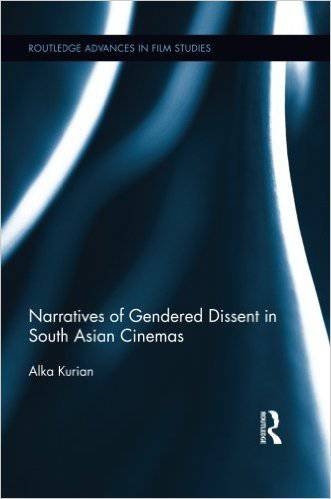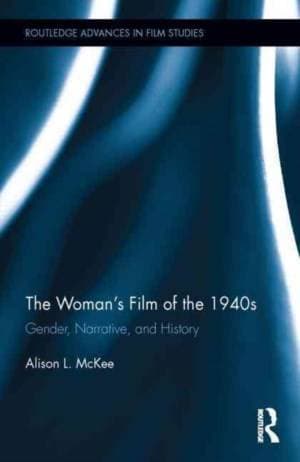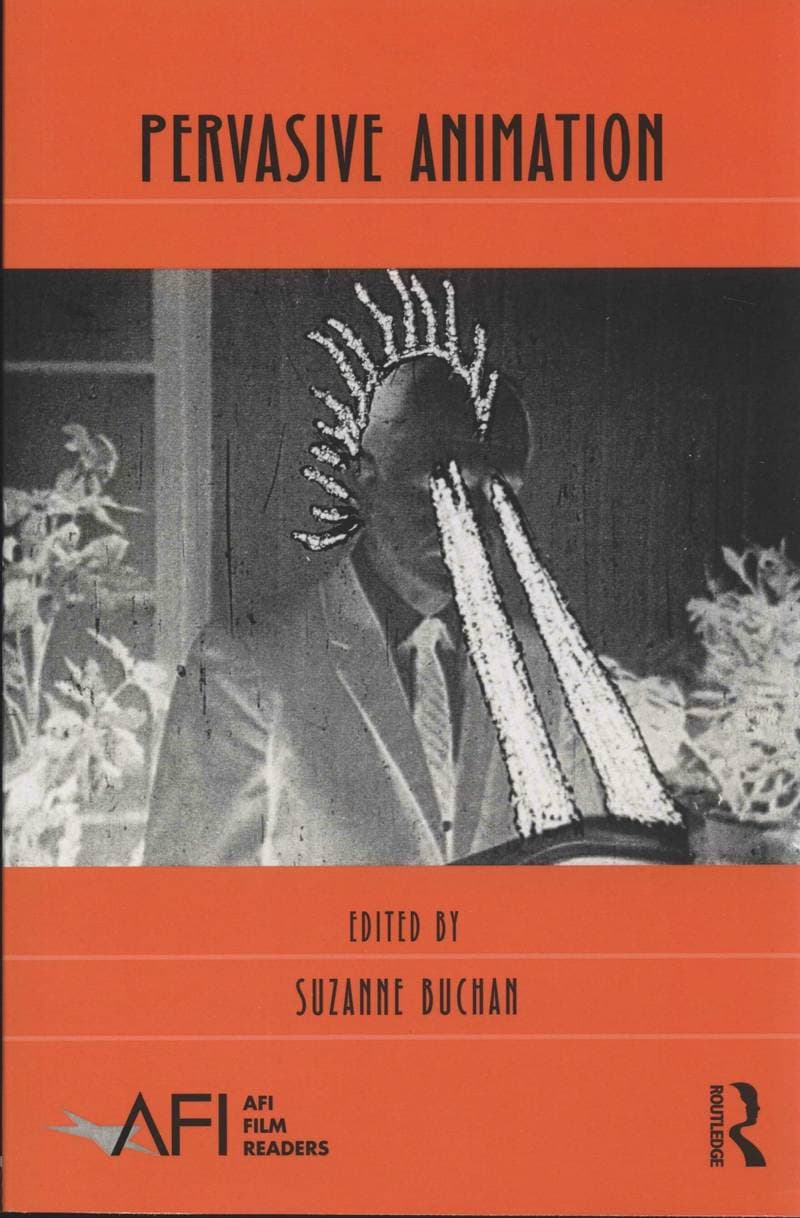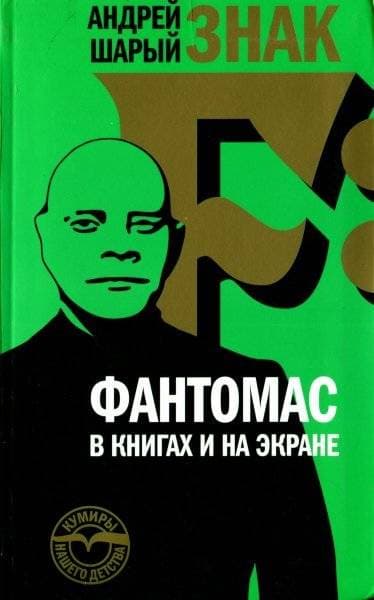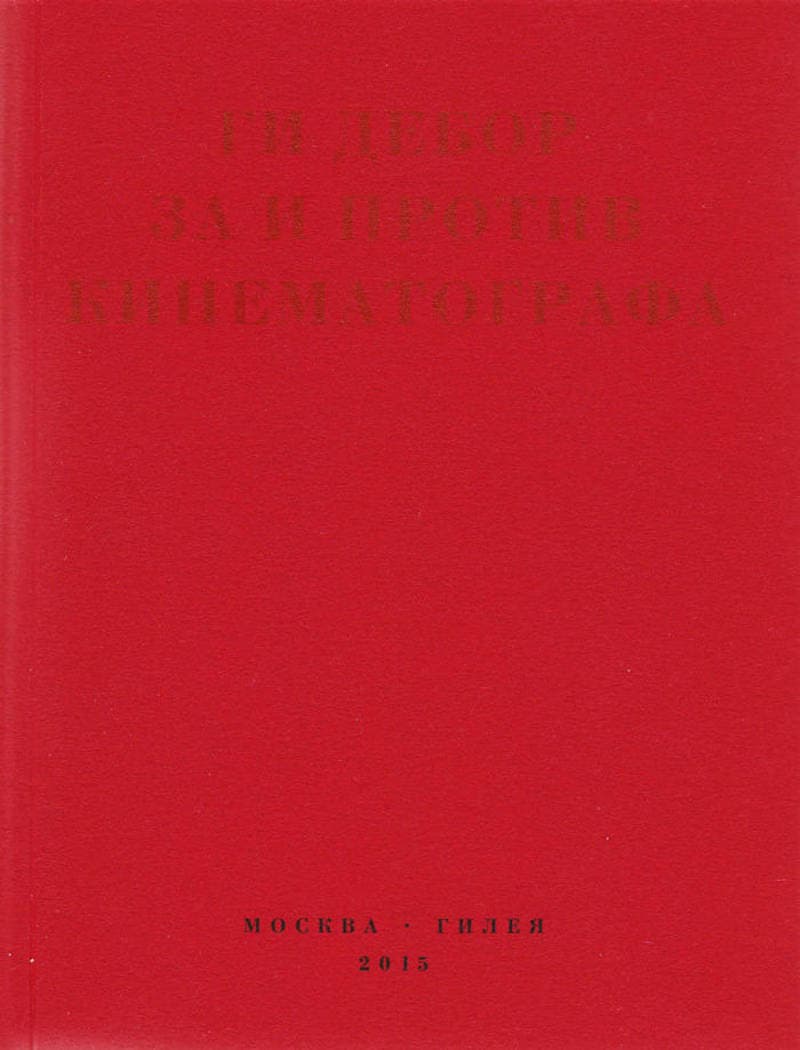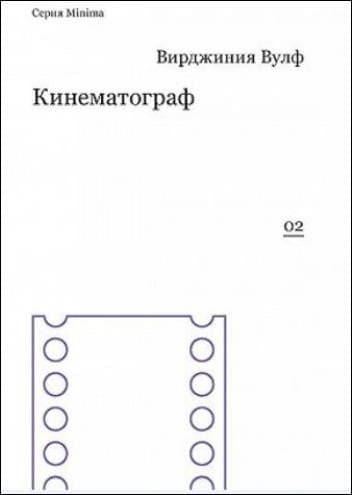Narratives of Gendered Dissent in South Asian Cinemas
This book conducts a post-colonial, gendered investigation of women-centred South Asian films. In these films, the narrative becomes an act of political engagement and a site of feminist struggle: a map that weaves together multiple strands of subjectivity?gender, caste, race, class, religion, and colonialism. The book explores the cinematic construction of an oppositional narrative of feminist dissent with a view to elaborate a historical understanding and theorisation of the ‘materiality and politics’ of the everyday struggle of Indian women. The book analyzes the ways that ‘cultural workers’ have tended to use subversive narratives as a tool of resistance. Narratives that are political, ideological, classed, raced and gendered offer the focus of this exploration. Through strategies of disclosure and documentation of memory, personal experiences, and imaginary events shaped by the larger historical, political, and cultural contexts, these discursive texts engage in the processes of struggle against a plethora of oppression: caste, class, religion, patriarchal, sexual, and (neo)colonial. The study looks at the manner in which, through their creative and aesthetic interventions, South Asian film makers enable the articulation of an alternative gendered subjectivity as well as constitute the ground for personal and collective empowerment. Films discussed include Shyam Benegal’s Nishaant, Nandita Das’ Firaaq, Beate Arnestad’s My Daughter the Terrorist, and Sarah Gavron’s Brick Lane.
Details
New York City
2012
195 pages
9781138788138
Open stacks
Yes
Yes
791 Kur
1
- Woman's Film of the 1940s: Gender, Narrative, and History2014
- Труппа Её Величества2015
- Киногид извращенца. Кино, философия, идеология2017
- Кассаветис2017
- Pervasive Animation2013
- Emotions, Genre, Justice in Film and Television: Detecting Feeling2011
- Знак F: Фантомас в книгах и на экране2007
- The James Bond Archives2015
- За и против кинематографа. Теория, критика, сценарии2015
- Star Wars Art: Concepts2013
- Введение в системный киноанализ2018
- Кинематограф2014
